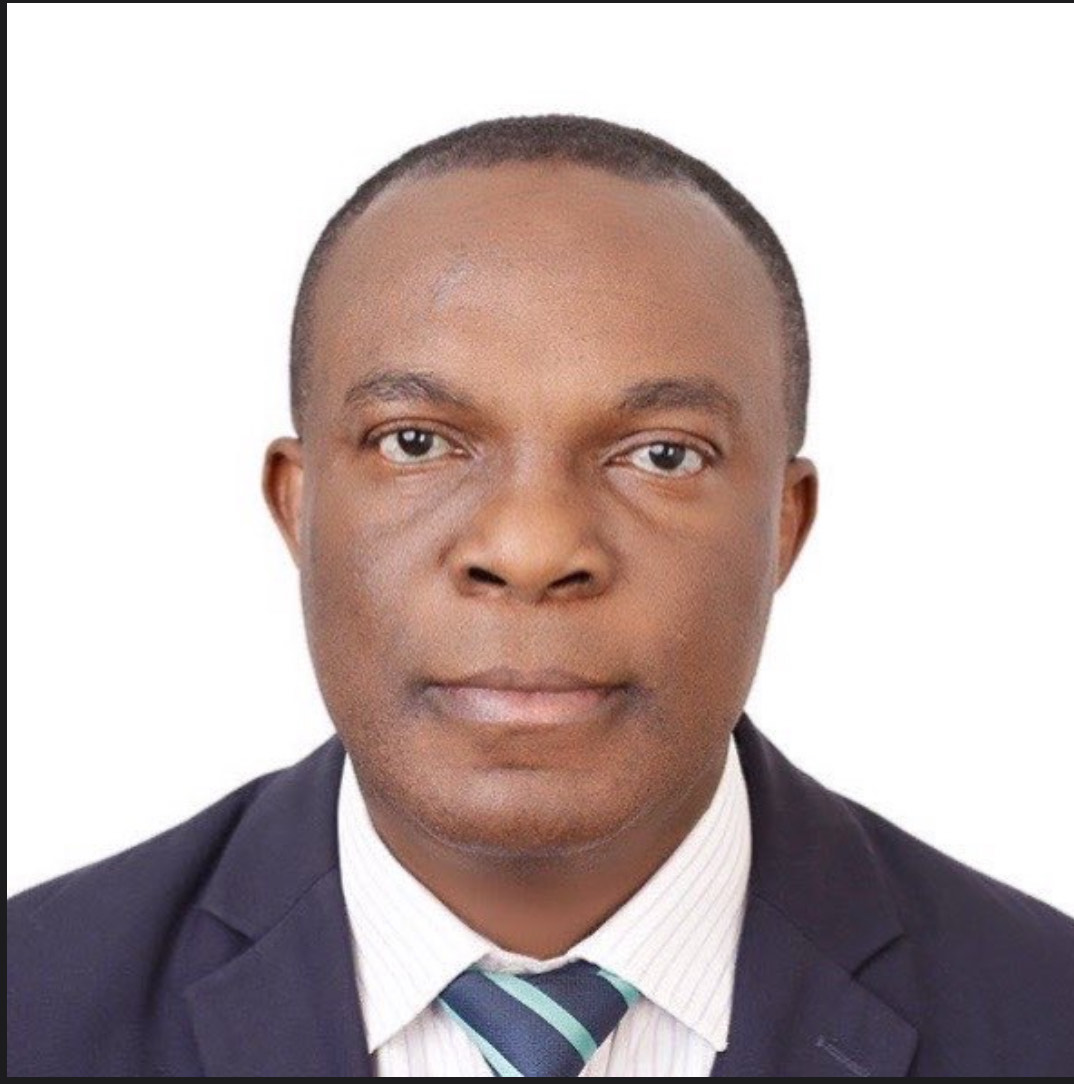Africa
Critical Analysis of CBN MPC Decisions (September 23, 2025) -By Dr. Ejime Herbert Aniemeke
The MPC’s decision reflects a cautious shift towards easing, but Nigeria’s monetary policy remains among the tightest globally. By maintaining high CRR and LR while only modestly cutting MPR, the CBN signals that inflationary pressures and exchange rate volatility are still dominant concerns. However, without significant fiscal reforms and structural supply-side measures, monetary policy alone may be insufficient to address Nigeria’s stagflation environment.

Introduction
The 302nd Monetary Policy Committee (MPC) meeting of the Central Bank of Nigeria (CBN) announced key decisions that reflect the Bank’s attempt to balance inflationary pressures with the need to stimulate credit expansion. The major policy indicators are summarized below:
- Monetary Policy Rate (MPR): Reduced to 27%
- Cash Reserve Ratio (CRR): 45% for Commercial Banks, 16% for Merchant Banks
- Liquidity Ratio (LR): Retained at 30%
- Asymmetric Corridor: +250 / -250 basis points around the MPR
- Monetary Policy Rate (MPR) at 27%
The reduction of the MPR from its previous level indicates an attempt to ease monetary policy. At 27%, however, the rate remains extremely tight by global standards. While the cut could provide a marginal relief for credit markets, lending rates are likely to remain elevated, limiting credit expansion to the real sector. This highlights the CBN’s dilemma: inflationary pressures (likely still above 20%) constrain the ability to ease policy aggressively.
- Cash Reserve Ratio (CRR)
The 45% CRR on commercial banks remains punitive. It sterilizes nearly half of banks’ deposits, severely restricting liquidity in the financial system. The 16% CRR for merchant banks provides some differentiation, but the overall tight stance limits banks’ intermediation role. This suggests the CBN is prioritizing inflation control and exchange rate stability over aggressive credit expansion.
- Liquidity Ratio (LR)
The LR at 30% continues to reinforce financial system resilience. While it ensures banks maintain a minimum level of liquid assets, in combination with a high CRR, it further limits credit availability.
- Asymmetric Corridor (+250/-250 bps)
The wide corridor around the MPR means the standing lending facility (SLF) and standing deposit facility (SDF) will remain highly volatile. This could increase uncertainty in interbank rates, reflecting the CBN’s preference for managing short-term liquidity actively.
Economic Implications
Inflation: The moderately reduced MPR may slightly support disinflation, but the high CRR suggests inflation-fighting remains the priority.
Growth: Credit to the private sector is likely to stay constrained, undermining efforts to boost investment and employment.
Exchange Rate: The restrictive CRR and liquidity stance may be aimed at stabilizing FX markets by reducing naira liquidity.
Banking Sector: Profitability of banks will remain pressured due to high reserve requirements and limited ability to lend.
Graphical Illustration
The chart below shows the relative stance of the four key indicators. Clearly, the CRR for commercial banks (45%) is far above other ratios, demonstrating the CBN’s aggressive liquidity sterilization stance. The MPR at 27% remains elevated, while the Liquidity Ratio (30%) and CRR for merchant banks (16%) provide some balance.

Conclusion
The MPC’s decision reflects a cautious shift towards easing, but Nigeria’s monetary policy remains among the tightest globally. By maintaining high CRR and LR while only modestly cutting MPR, the CBN signals that inflationary pressures and exchange rate volatility are still dominant concerns. However, without significant fiscal reforms and structural supply-side measures, monetary policy alone may be insufficient to address Nigeria’s stagflation environment.
Ejime Herbert Aniemeke, PhD.
(Independent Economist)
Email: ejimeherbert@gmail.com
Source: Central Bank of Nigeria (CBN), MPC Report – September 2025






















